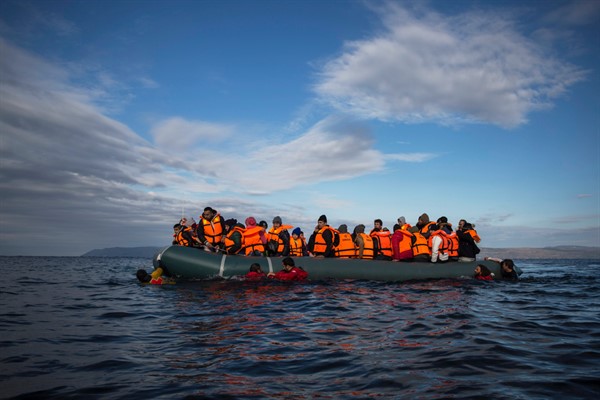This year marks the 70th anniversary of the United Nations Refugee Convention, one of the signal moral advances in human history. Negotiated in the wake of World War II and initially limited to Europe, the treaty established the first binding legal protections for individuals forced to flee their countries. These rights and responsibilities, which were made universal in the Protocol Relating to the Status of Refugees in 1967, remain a cornerstone of the global humanitarian regime. The convention is, however, showing its age. Many governments are failing to fulfil their legal obligations under it, and the convention does little to address the plight of internally displaced persons as well as those driven from their nations by more complex dynamics, including criminal violence and climate change.
Although we take it for granted today, the Refugee Convention was a revolutionary achievement in 1951, establishing new state obligations toward and new rights for refugees, a category of individuals that had previously been treated in an ad hoc, inconsistent manner. The treaty’s first article defines a refugee as any individual outside his or her country of nationality and unwilling or unable to return to it due to a “well-founded fear of persecution for reasons of race, religion, nationality, membership of a particular social group or political opinion.” Article 33 establishes the critical principle of non-refoulement—a prohibition on the expulsion or forcible return of a refugee “to territories where his [or her] life or freedom would be threatened.” The treaty includes multiple other economic and social protections for refugees. As of 2021, 149 states were parties to either the convention, the protocol or both.
Although the convention is legally binding, there is no treaty body to monitor compliance with it, nor any international mechanism for individuals to hold states accountable for noncompliance. The Office of the United Nations High Commissioner for Refugees nominally supervises the application of the treaty, but has little power to enforce it. This has proven to be an Achilles heel, as multiple governments continue to violate their commitments. The nativist Trump administration was egregious in this regard. Among other actions, it denied entry of numerous asylum-seekers to the United States, forced many to remain in third countries for processing, separated refugee families at the border, and returned individuals with credible fears for their safety to their home countries, particularly in Central America. The Biden administration has begun to reverse these practices, while also raising the ceiling for annual U.S. refugee admissions from Trump’s restrictive 15,000 to 62,500.

